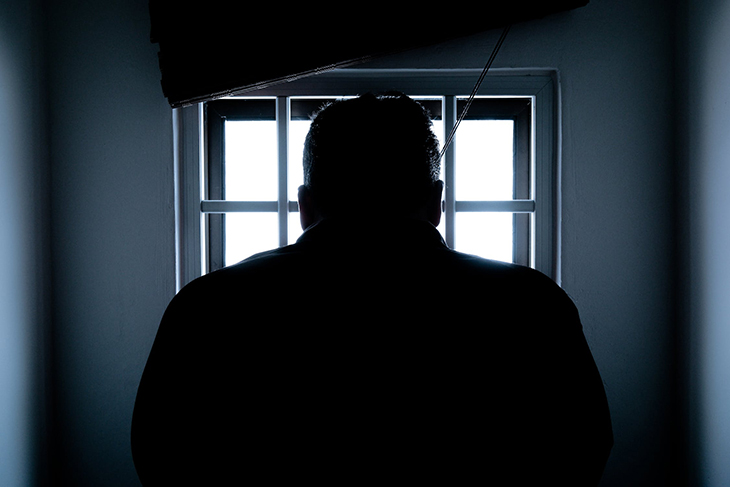
Recently, Michigan’s criminal justice reforms, which were signed into law three years ago, finally went into effect. As a result, nearly 850,000 residents who had at least one conviction benefitted from the change, and their charges were automatically set aside.
Advocates refer to this bipartisan legislation as the “Clean Slate” initiative, and it has initiated an automatic expungement process. This process will effectively clear a range of convictions from an individual’s record after a particular waiting period.
In Michigan alone, approximately 2.8 million individuals have criminal records, many of which compromise low-level, nonviolent offenses, or offenses that were committed during their juvenile years. Prior to the implementation of the new expungement laws, these convictions remained on the individual’s record, creating major barriers to their ability to avail of good housing and employment opportunities.
As for John Cooper, executive director of Safe & Just Michigan, he shared, “We’re celebrating a historic step forward as Michigan becomes just the third state to implement automatic expungement. This reform will deliver immediate and automatic impact for more than a million people, all of whom are likely to see their access to housing and jobs improve overnight.”
Since the launch of the automatic expungement program on April 11, a staggering 252,417 Michigan residents had their criminal records sealed, becoming free from the burden of past convictions. Similar relief for criminal records is also available in other states such as Louisiana, Pennsylvania, Vermont, Utah, Florida, Georgia, Montana, and Maine.
According to Antoniese “Tony” Gant, Director of policy and program operations for the Lansing-based Nation Outside, “We are encouraged and hopeful that the State of Michigan will continue to advance meaningful second chances in the future,” said “We know all too well how difficult, expensive, and embarrassing the expungement petition process (used to) be.”
To identify convictions that are newly eligible for expungement, Michigan’s new program utilizes an algorithm that automatically searchers the state’s criminal record database on a daily basis. However, certain offenses are not eligible for expungement, including arson, child abuse, first-degree criminal sexual conduct, first-degree murder, felonious assault, manslaughter, stalking, and others.
For misdemeanors carrying a punishment of fewer than 93 days in jail, the responsibility of stealing those records likes with the courts rather than the state police.
Vice president of government affairs with the Grand Rapids Chamber of Commerce, Josh Lunger, said, “This groundbreaking, nation-leading reform will be transformational for thousands of our neighbors in West Michigan, and for our member businesses who have thousands of job openings to fill,” said Josh Lunger, vice president of government affairs with the Grand Rapids Chamber of Commerce.
“Building sustainable talent pipelines and creating economic opportunity for more people is a critical piece of supporting a thriving and prosperous West Michigan for all,” he added.
Extensive research has demonstrated positive outcomes in terms of employment, income, and a lower recidivism rate for individuals who have had their records expunged, compared to the general public.The organization Safe & Just estimates that moving forward, the program will expunge between 100,000 and 200,000 low-level, nonviolent criminal records annually.
Convictions become eligible for permanent sealing after seven years for up to four misdemeanors. For nonviolent felonies, the waiting period is either ten years or the completion of a prison term, allowing individuals to regain a fresh start in their lives.
What are your thoughts? Please comment below and share this news!
True Activist / Report a typo


